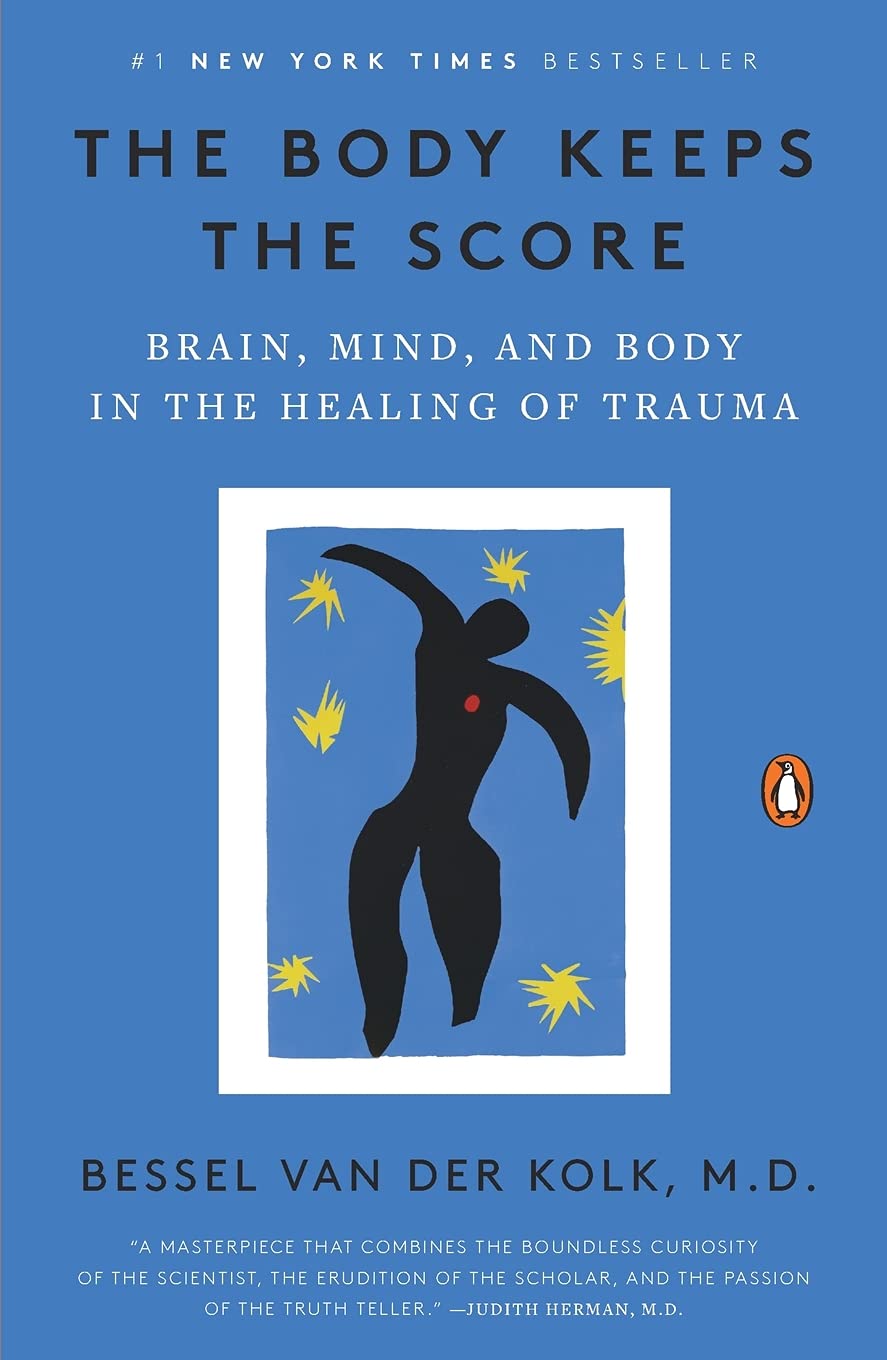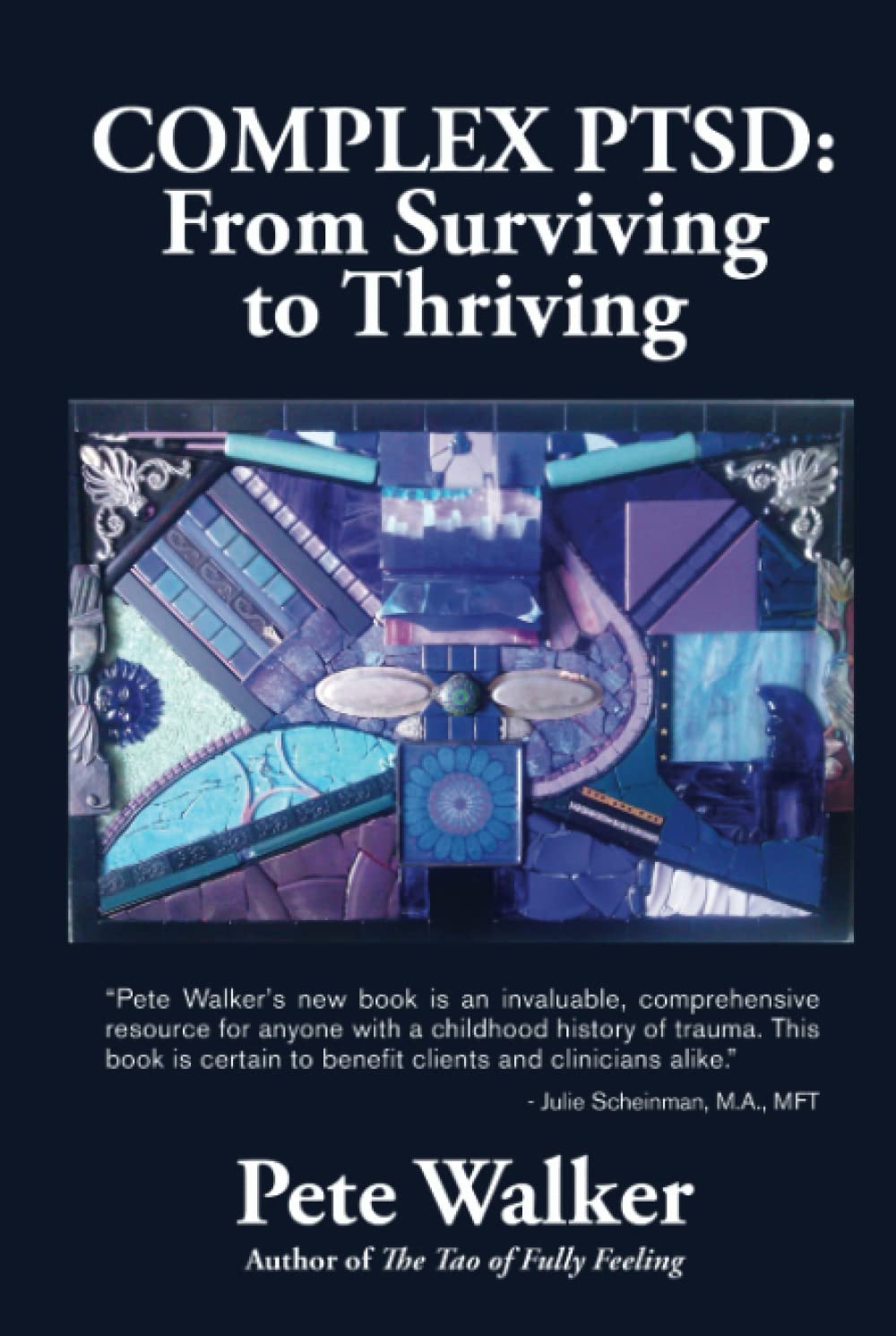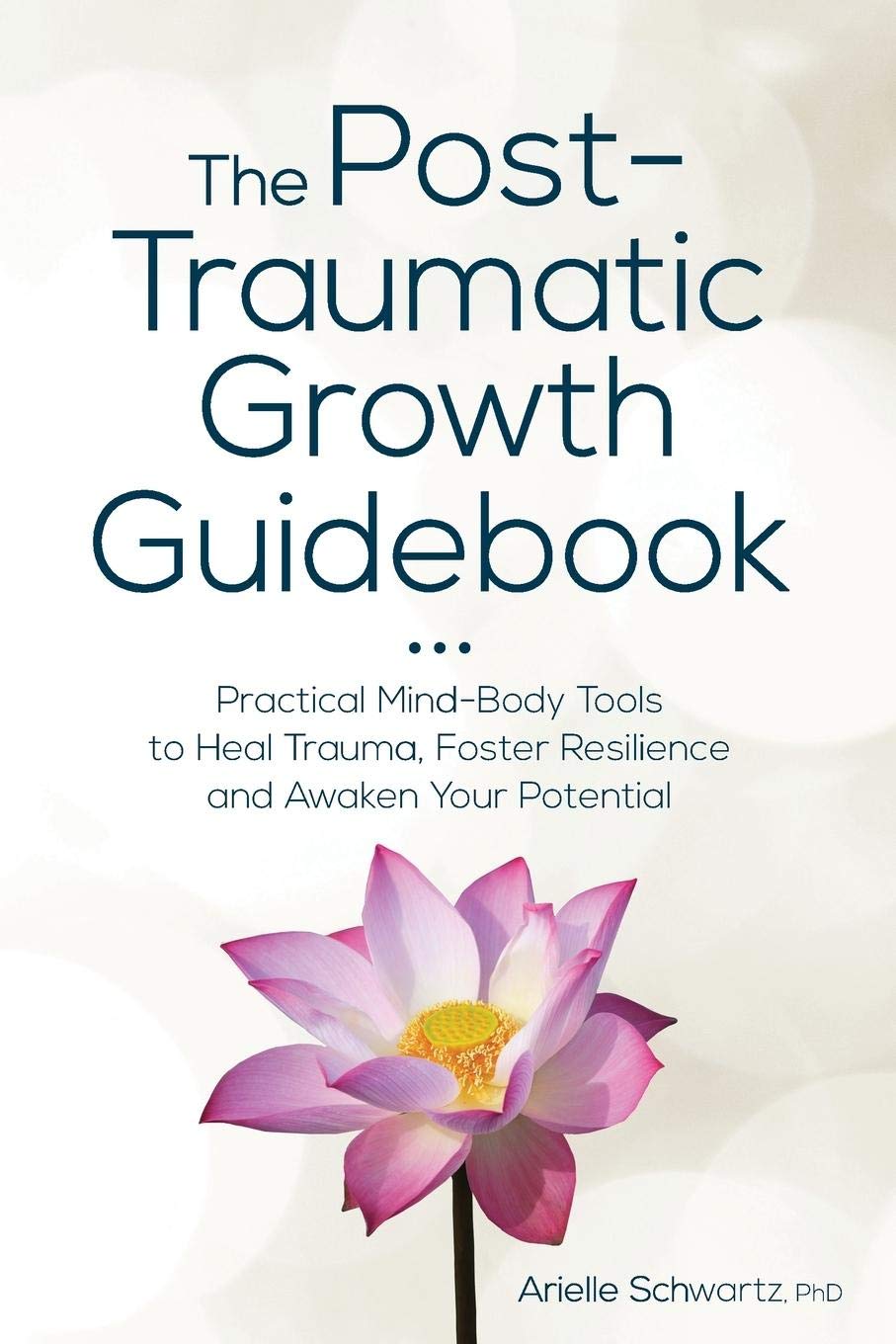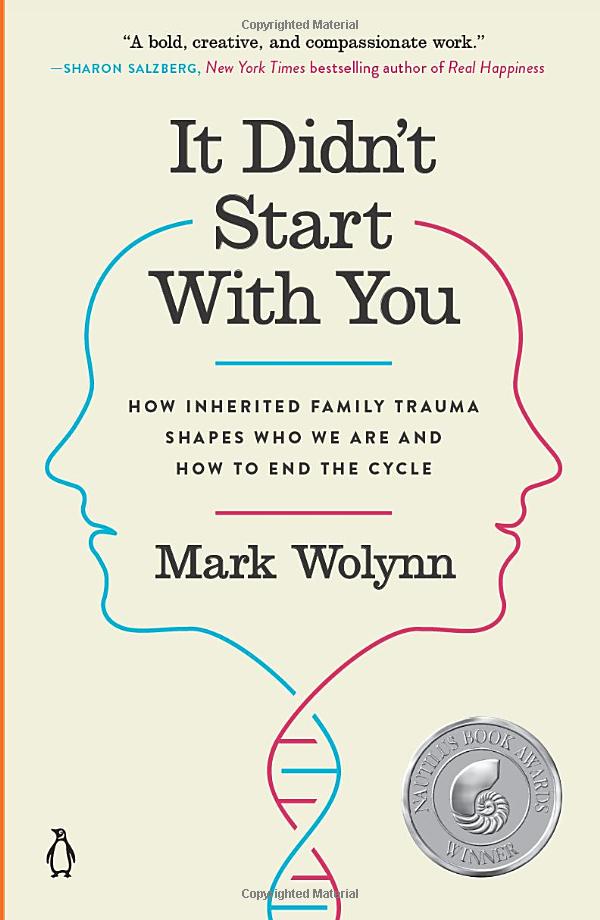Getting past addiction and finding a sense of purpose and direction can be a hard but rewarding process. Finding a sense of purpose is an important part of getting over an addiction because it helps people figure out how to live a full and meaningful life without drugs.
Having a sense of purpose can help you stay on track with your recovery. It can give you a reason to get through tough times and stay sober. Having a clear sense of what you want to do with your life can give you direction. Setting goals and making decisions that are in line with personal values and beliefs can be helpful. Addiction can often make people lose their sense of who they are. Finding a purpose outside of addiction can help a person build a new sense of self based on good values and beliefs.
A sense of purpose has been linked to better mental health outcomes. It can help to reduce symptoms of depression and anxiety and improve overall well-being. Finding purpose can help to build healthy relationships and a support network. It can connect individuals with others who share similar interests and values and provide a sense of belonging.
When things go wrong or get hard, having a sense of purpose can help you keep going. When things get hard, having a goal can give you a reason to keep going and not give up.
Here are some steps that can help:
- Set goals: Setting goals can help provide direction and focus in life. Start by identifying short-term and long-term goals, both personal and professional. This can help to provide a sense of purpose and a roadmap to follow.
- Pursue interests and passions: Engaging in activities that bring joy and fulfillment can help to build a sense of purpose beyond addiction. This can include hobbies, creative pursuits, or volunteering.
- Connect with others: Building healthy relationships and a support network can provide a sense of belonging and purpose. Consider joining a support group, volunteering in the community, or connecting with friends and family.
- Practice self-care: Taking care of physical and emotional health is crucial in finding purpose beyond addiction. This can include exercise, healthy eating, and stress-reduction techniques like meditation or yoga.
- Seek professional help: A therapist or counselor can provide guidance and support in finding a sense of purpose beyond addiction. They can help identify underlying issues that may be hindering progress and provide tools to overcome them.
- Give back: Helping others can provide a sense of purpose and fulfillment. Consider volunteering or giving back to the community in some way.
In order to give one’s life direction and meaning, a sense of purpose is essential to the human condition. To have a purpose in life is to have a reason to get out of bed in the morning, to work towards something bigger than oneself, and to make a positive impact on the world. In the absence of direction, it’s easy to become overwhelmed by feelings of hopelessness and despair. One’s ability to persevere, adapt, and ultimately find happiness and fulfilment in the face of adversity is greatly enhanced by having a strong sense of one’s life’s mission.
In addition, a sense of purpose is closely linked to self-esteem. When people know what they’re working towards, they take pride in their achievements, which can boost their confidence. People who live their lives with a sense of purpose tend to be more self-assured, self-motivated, and resilient. In general, having something to work towards or believe in gives one direction, meaning, and a feeling of value in life.
The ability to learn from one’s mistakes and persevere in the face of adversity is essential. Long-term sobriety after overcoming addiction requires the patient to find meaning in life. Motivation, purpose, sense of self, improved mental health, social support, and emotional fortitude are just some of the outcomes that may result.










